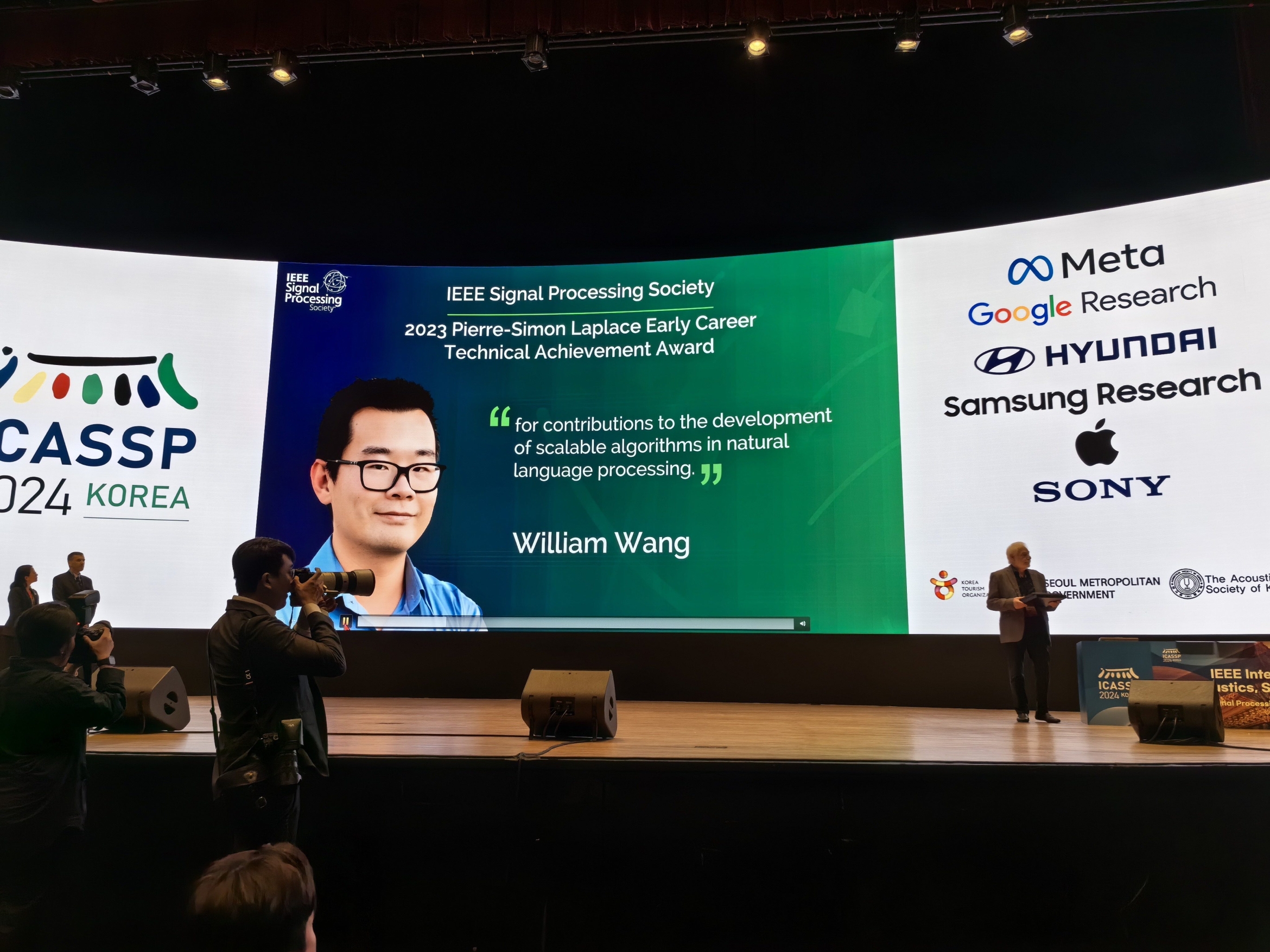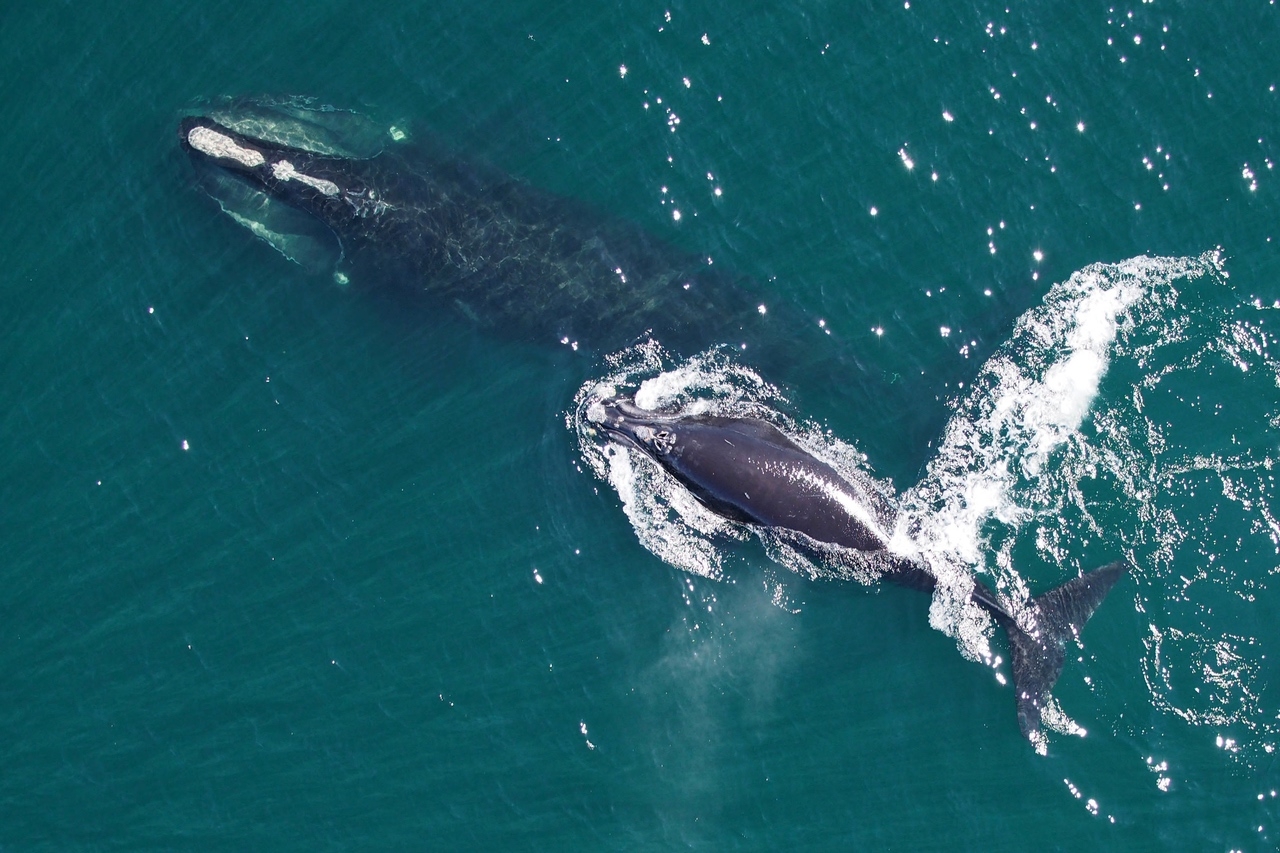On the largest scales accessible to observation, the universe appears to match the current cosmological model, which is dominated by dark matter and dark energy. However, in galaxies, the interplay between ordinary matter and dark matter seems to be more complicated.
Tommaso Treu, an assistant professor of physics at UC Santa Barbara, is currently exploring how the most massive galaxies form and evolve over cosmic time. The study is a means of understanding the interplay between the visible –– stars and gas –– and the invisible –– dark matter and black holes. He will discuss his work in the Harold J. Plous Award Lecture at 4:30 p.m. on Thursday, March 12.
The title of his lecture is "Dark Matter and Black Holes Over Cosmic Time." The event, which is free and open to the public, will be held in the conference room of UCSB's Kavli Institute for Theoretical Physics.
A Hubble Fellow at UCLA before joining the UCSB faculty in 2004, Treu received his Ph.D. in physics at the Scuola Normale Superiore in Pisa, Italy. His many distinctions include a CAREER Award from the National Science Foundation, a Research Fellowship from the Alfred P. Sloan Foundation, and a Research Fellowship from the David and Lucille Packard Foundation, all received within the span of one year.
In addition, Treu has been involved with the most advanced earth- and space-based telescopes in operation, including the W.M. Keck Observatory, the Chandra X-Ray Observatory, and the Spitzer Space Telescope. He also serves on a 12-member committee that advises NASA on the operation of the Hubble Telescope.
Treu's research focuses on the nature of galaxy formation, and specifically on the cosmic evolution of three main elements in spheroid galaxies: black holes, stars, and dark matter. His research achievements include the discovery of a "double Einstein ring," a never-before-seen phenomenon of gravitational lensing, which the American Astronomical Society heralded as a major breakthrough in astrophysics.
Treu received the 2008-09 Harold J. Plous Award in June. The award is one of the university's most prestigious faculty honors, given annually to an assistant professor from the humanities, social sciences, or natural sciences who has shown exceptional achievement in research, teaching, and service to the university. The award was established in 1957 to honor the memory of Harold J. Plous, an assistant professor of economics.



